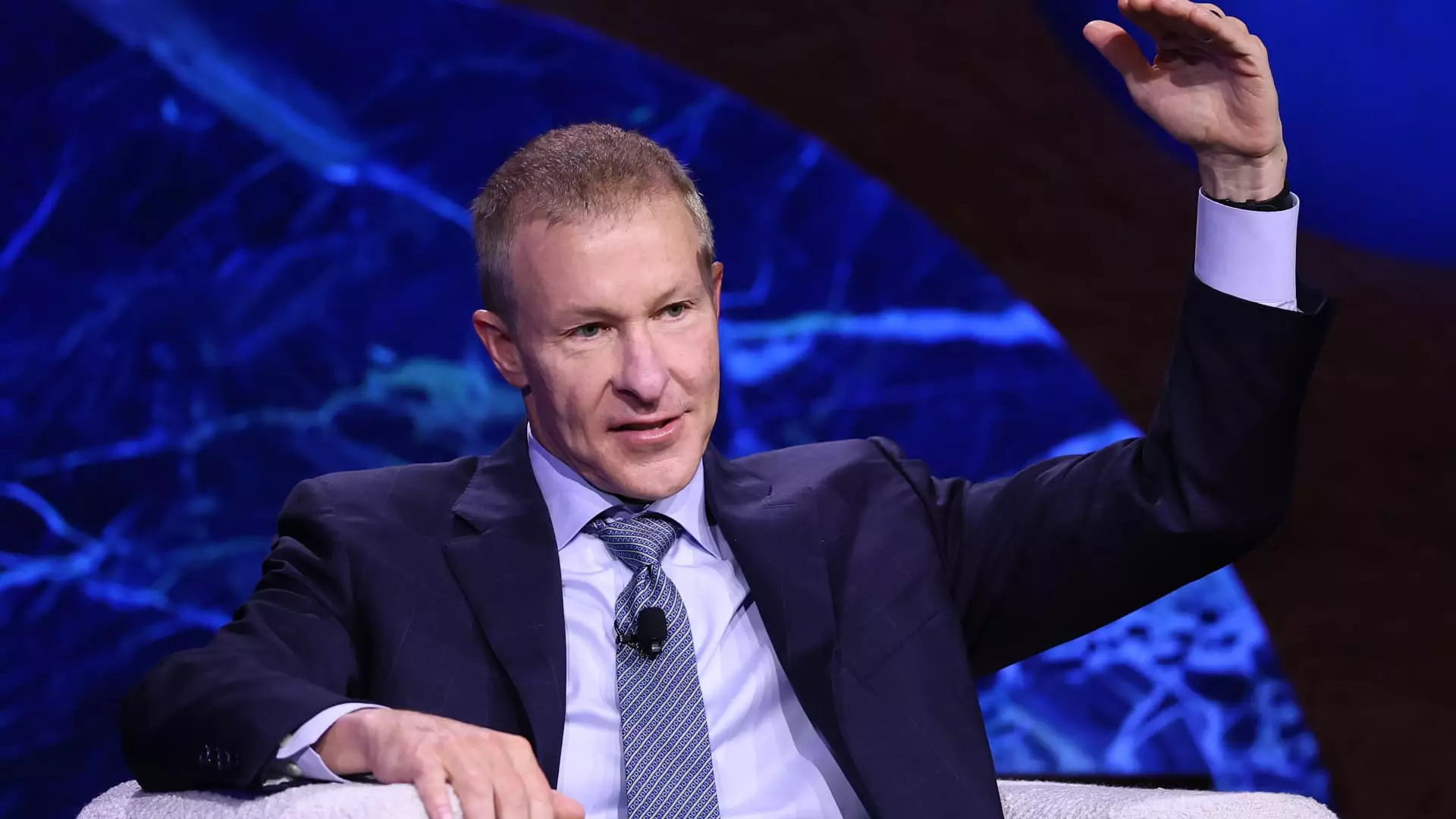In an industry historically characterized by razor-thin margins and fierce competition, United Airlines emerges as an unexpected leader, outpacing larger rivals through bold strategic initiatives and an unwavering commitment to customer-centric innovations. The airline’s aggressive expansion plans for 2025, with a projected capacity increase of nearly 6% domestically—significantly above the industry average—highlight a daring confidence in the power of brand loyalty. This stance defies the conventional wisdom that airlines must focus solely on cost-cutting or short-term profits; instead, United recognizes that trust and engagement foster long-term resilience. This approach raises a compelling question: can innovation and emotional connection truly trump aggressive pricing and commoditized service in a market that often reduces air travel to just another commodity?
United’s emphasis on upgrading its fleet interiors and integrating cutting-edge onboard amenities signals a strategic bet on the premium traveler. By investing in Bluetooth connectivity, seat-back screens, and a seamless app experience, United is redefining what customer service means in the air. These features, often seen as luxuries, serve as powerful differentiators, attracting loyal customers willing to pay a premium for comfort and convenience. The CEO, Scott Kirby, confidently attributes the airline’s resilience to this focus, arguing that a distinct product experience fosters loyalty—even during economic downturns or periods of turbulence caused by external factors like tariffs or market volatility. United’s strategy suggests that in the modern age, quality and innovation are the true currencies of competitive advantage.
Challenging Industry Norms: The Myth of the Commoditized Airplane
A startling insight from Kirby challenges a long-held industry belief: that air travel has become a simple commodity, interchangeable and inelastic to quality. His critique targets airlines like Spirit Airlines, which depend heavily on ultra-discounting, often sacrificing the passenger experience for near-bottom prices. The financial struggles of Spirit—filed for Chapter 11 twice in under a year—highlight the risks of this model. Kirby’s assertion that Spirit may eventually exit the market altogether underscores a broader shift: consumers are increasingly valuing comfort, reliability, and service over cheap fares. This transition is fueling the rise of premium offerings and a newfound willingness to pay for elevated travel experiences.
United’s strategic focus on cabin upgrades and premium services reflects a deliberate pivot away from a commoditized market to one where brand reputation and service quality reign supreme. Airlines that fail to adapt to this new paradigm risk obsolescence in a landscape where customers are more discerning and willing to spend extra for perceived value. The emphasis on modernized cabins with spacious seating and enhanced amenities signals an industry-wide reevaluation of what constitutes competitive differentiation.
Innovation as a Strategic Weapon: Building Loyalty in a Crowded Sky
United understands that technological innovations can serve as formidable tools for customer retention and growth. From onboard Bluetooth to intuitive mobile applications, the airline is creating a more personalized and engaging travel experience. This isn’t merely about aesthetics; it’s a deliberate move to build emotional bonds with consumers. Loyalty programs aren’t just marketing tools anymore—they are central to a sustainable business model, as evidenced by Delta’s success in generating over half of its revenue outside the main cabin through loyalty-driven sales.
The airline’s investment in fleet refreshes and cabin designs is a strategic effort to align with evolving customer preferences. Forward-looking carriers recognize that travelers are willing to pay extra for extra room and premium services, and United’s focus on these areas positions the brand to capture this lucrative segment. The burgeoning demand for higher-quality seats and amenities signifies a fundamental shift: in today’s competitive aviation environment, the battle is no longer just about price but about total travel experience. United’s willingness to prioritize customer comfort and technological integration demonstrates an understanding that loyalty is cultivated through consistent, meaningful value—something that no discount fare can buy.
The Industry’s Turning Point: From Commodity to Experience
This period of upheaval in the airline industry underscores a pivotal transition: airlines are moving away from the era of ultra-discounting and commodification toward a model rooted in experience and loyalty. As Kirby boldly notes, many carriers’ strategies have been shortsighted, viewing air travel purely as a means of transportation rather than an opportunity for engagement and differentiation. United’s rise, fueled by superior product offerings and a focus on loyalty, exemplifies a broader industry evolution.
In an age where consumers are more connected, informed, and selective, maintaining resilience requires more than competitive fares. It demands a commitment to innovation, quality, and emotional connection. United’s narrative suggests that airlines willing to challenge industry norms and invest in their product and customer relationship will carve out a substantial advantage in the future aviation landscape. Those that cling to cheap fares and commoditized service risk obsolescence, as passengers increasingly seek value beyond the dollar—looking instead for reliability, comfort, and a seamless experience that makes traveling not just a necessity, but a pleasure.


Leave a Reply